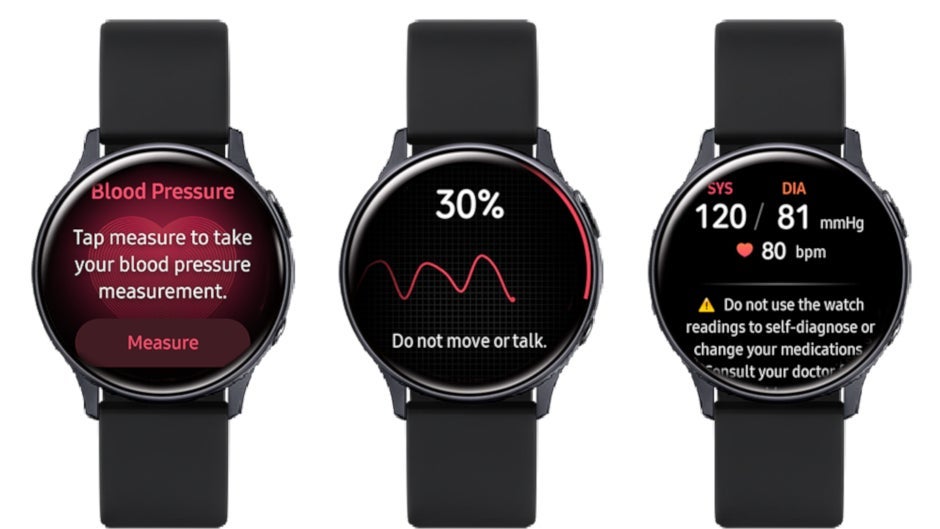With the latest update (version 1.3.6.001), users receive a notification about the upcoming change. According to the notice, the next release of the app (version 1.4.1) will only be available for phones that are running Android 12 (or newer Android versions, of course).
This update means users with older Galaxy phones won’t be able to use key features like blood pressure monitoring and ECG readings via their Galaxy Watch, as these functions rely on the app.
While the current version of Samsung Health Monitor will still function on older devices, it won’t receive any new features or updates. For more details, you can check out the full announcement.
The notice says that from December 23, 2024, Samsung Health Monitor won’t be supported on devices that run Android 9, 10 or 11, for example – although I don’t think that many are running such older Android versions nowadays. “We appreciate your understanding, and we highly recommend that you upgrade your OS version to Android OS 12.0 or higher”, the message reads.
Back in 2020, the Samsung Health Monitor app made headlines, but was only available in South Korea and expanded to the rest of the world later.
The Samsung Health Monitor app is available for Galaxy Watch models starting from the Galaxy Watch 3 and Galaxy Active 2. It allows users to measure blood pressure and perform ECG (electrocardiogram) heart rate readings directly from the wrist. The data is stored in the app for easy tracking.
To get started, users must first calibrate the watch with a standard blood pressure monitor, typically done at a doctor’s office. Once calibrated, the smartwatch can analyze pulse wave data to estimate blood pressure, comparing it against the initial calibration value.
The app’s ECG feature measures the heart’s electrical activity by having users place their fingertip on the smartwatch button. This can help detect issues like heart arrhythmia and atrial fibrillation.
While useful for monitoring, these measurements are not as accurate as hospital tests. Users with health concerns are advised to consult a doctor, of course!
